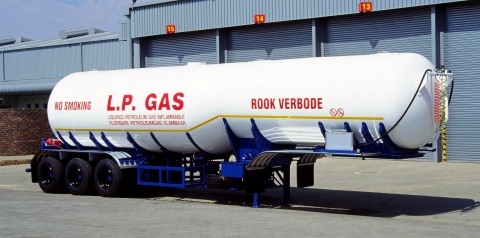Jordan will begin importing liquefied natural gas (LNG) from "several exporting countries" in June 2014 following the completion of a gas terminal in the Red Sea Port of Aqaba, Finance Minister Suleiman Hafez said.
Although the minister declined to list the potential LNG exporters, it is widely believed that Jordan will rely heavily on Qatar, who entered advanced negotiations over a gas deal with the Kingdom earlier this year.
Although Qatari gas is unlikely to come at a favorable price similar to a previous natural gas deal between Jordan and Egypt, officials say the move aims to provide the country with a constant and reliable energy source.
The drive for liquefied gas comes amid ongoing disruptions in Egyptian gas, which as recently as 2010 provided over 80 per cent of the country's electricity generation needs.
Due to a series of acts of sabotage and diplomatic wrangling, Jordan's Egyptian gas supplies have dropped from some 250 million cubic feet (mcf) per day to under 40mcf over the past three years, forcing the Kingdom to rely on costly heavy oil imports which have ballooned annual energy subsidies to over JD1.7 billion.
Despite the rising fuel costs, the National Electric Power Company continues to sell electricity to citizens at a price nearly 60 per cent less than generation costs, a gap officials say has pushed the state-backed firm's budget deficit to a record JD2.46 billion.
Earlier in October Cairo suspended gas supplies completely due to a reported rise in local demand, with Egypt expected to come to a decision on the future of its arrangement with Jordan soon.
Jordan Times
4 November
























































